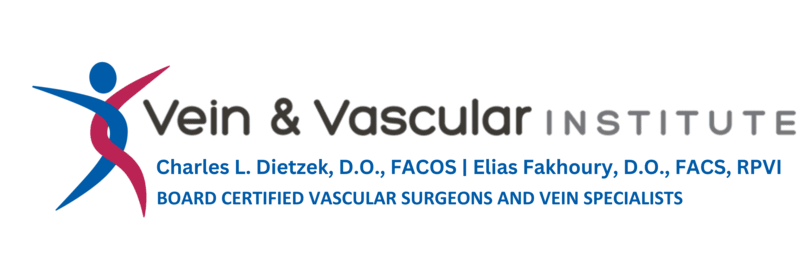Minor blood clotting, natural blood coagulation, is part of healing from bruises cuts. These clots are typically broken down by the body and go away on their own, once your injury has healed, but never take chances. Blood clots can be very dangerous if they go undiscovered and untreated. That’s why it’s important to err on the side of caution. Always seek medical attention if you suspect a clot, or show symptoms of vein problems, described below, that may require vein treatment.
Table of Contents
ToggleWho Is Likely to Get Blood Clots or Vein Problems?
If you’ve recently had a surgical procedure, are prone to blood clots through family history, or are traveling long distances without stretching your legs, you could be vulnerable to blood clots that require expert vein treatment. Vein problems, from spider veins to varicose veins, to the most serious DVT emergencies (deep vein thrombosis) should always be investigated to ensure your vein health. Vascular exams are quick, convenient and painless at your NJ vein clinic.
Remember, blood clots may have no symptoms. Blood clot risk factors include:
- Immobility
- Genetics
- Recent surgery or injury/trauma
- High blood pressure
- High cholesterol
- Obesity
- Pregnancy or birth control pills
- Smoking
- Age (especially when over 60)
- Underlying disease, like diabetes or inflammatory conditions
- Recent placement of an IV line (intravenous medication or blood administered)
Signs That You May Have Vein Problems
Watch for these symptoms of vein disorders or blood clots and seek vein treatment at our local vein clinics:
- Small webs (clusters) of red or blue-ish veins under facial skin, chest, legs or other areas (usually superficial spider veins)
- Bulging or discolored veins that may feel solid, often in the legs (varicose veins)
- Pain in the legs or a heavy feeling
- Pins-and-needles or numbness in lower legs
- Swollen ankles (possibly due to partially blocked veins, possible local blood clotting, and chronically poor circulation)
- Darkened, thickened skin on lower legs/ankles
- Sores or wounds near ankles that heal slowly, which can lead to serious, quickly-spreading infections (cellulitis)
- Pain or a pulling sensation in your thigh or lower leg*
- Red, swollen area that feels hot to the touch*
*These can be signs of a DVT blood clot, which requires emergency care. A DVT can travel to the lungs causing breathing difficulty, pulmonary embolism, and even death.
Why Vein Treatment Matters
Even slight vein problems can compromise your quality of life, if not diagnosed and treated promptly. Over time, the condition of your veins can deteriorate and can interfere with healthy circulation throughout your body. Even when circulation is not completely blocked with a DVT blood clot, your health can still be at risk from smaller clots or vein valve problems. Chronic poor circulation slowly robs your extremities of oxygen and nutrients needed for cell growth.
Where to Get Expert Vein Treatment in NJ
At the Vein & Vascular Institute, we have several locations in New Jersey offering convenient diagnosis and treatment for vein problems. With proper vein care, as recommended by your vein doctor, we can help you prevent (avoid worsening of) vein problems and maintain your vein health for life. Contact the Vein & Vascular Institute in NJ, today.
